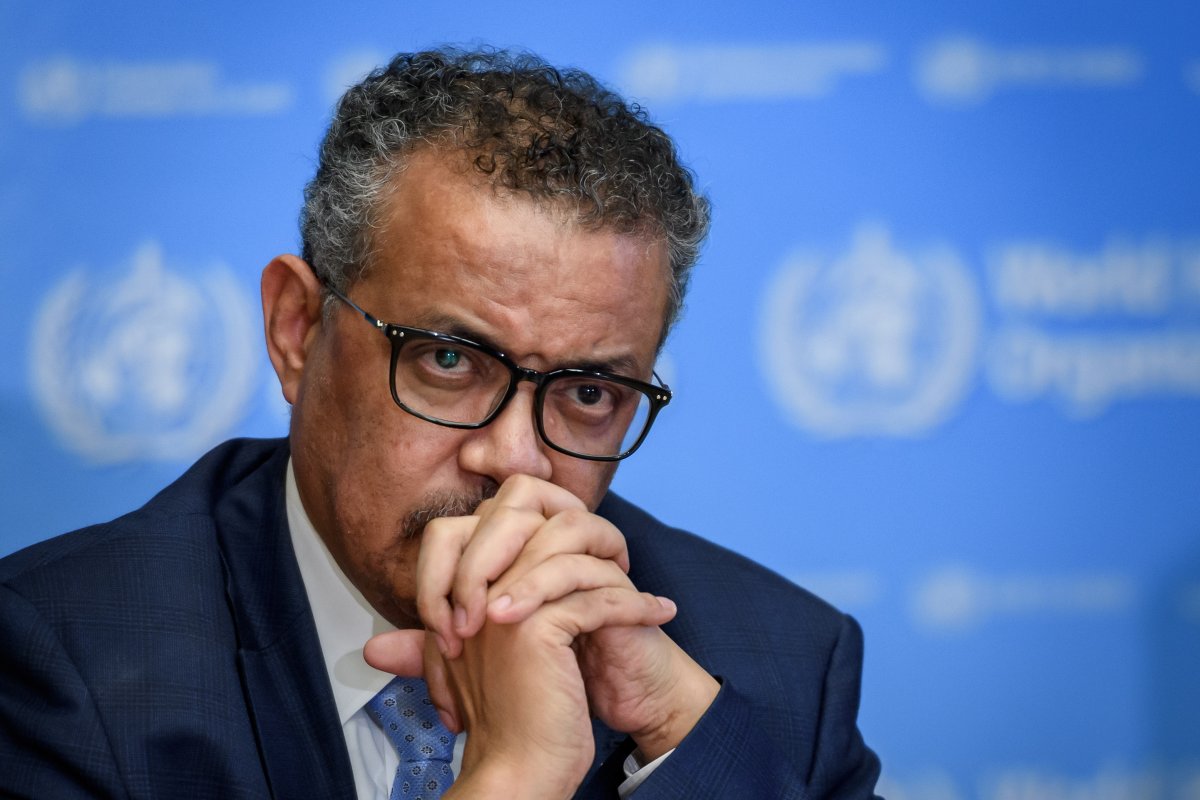A lack of testing for COVID-19 in parts of the world is preventing countries from having a clear picture of how the virus is spreading and therefore hurting the world's chances at fighting the virus and ending the pandemic, according to the World Health Organization.
Health inequities throughout the world have plagued the global response to COVID-19 from the outset and WHO has pushed higher income countries to help lower income countries in the interest of ending the pandemic. Along with restricted access to vaccines, lower income countries have struggled to have sufficient testing, meaning the virus is likely going undetected in certain areas, further enabling its ability to spread.
Low testing rates is "leaving the world blind to understanding where the disease is and how it's changing," Dr. Tedros Adhanom Ghebreyesus, director general of the WHO said on Friday during a press briefing. Without improving global testing rates, Ghebreyesus said the world can't "fight the disease" or mitigate the risk it poses to people around the globe.

One of Ghebreyesus' biggest frustrations with the pandemic response is the failure to evenly distribute the vaccine around the world. In some countries, like the United States and other higher-income nations, significant portions of the population have been vaccinated.
While those large vaccinated populations help reduce the spread of the virus in some areas, other countries, especially those in Africa, haven't been able to vaccinate even 10 percent of their population. This puts the entire world at risk because when the virus is able to spread throughout communities it has the ability to mutate, thereby increasing the possibility that a mutation could evade the vaccines.
It's a scenario public health officials have been warning about for months and Ghebreyesus said on Friday that "hard won gains are in jeopardy" or have already been lost because the virus has been able to spread. Nearly 30 countries have high or rising oxygen needs and the shortage of life-saving oxygen could lead to increased deaths.
More than 196 million cases of COVID-19 have been reported around the world, according to a Johns Hopkins University tracker, and more than 4.2 million people have died. Ghebreyesus suspected the number of cases would top 200 million within the next two weeks and warned that health systems in many countries are being overwhelmed.
Preventing hospitals from exceeding capacity was a massive concern when the pandemic first broke out and a year later, parts of the U.S. are having their health systems strained as the more transmissible Delta variant spreads.
On Thursday, Arkansas Governor Asa Hutchinson declared a public health emergency that allows the state to bring in health care workers from outside Arkansas and makes it easier for retired health care workers and medical students to become licensed. The goal is to help alleviate stress on health care systems and Hutchinson said they've had people waiting in ambulances because there wasn't an open spot in a hospital.
That strain will only become more exacerbated if a mutation occurs that evades the vaccine, as inoculations have proven effective at helping to keep people out of the hospital. Ghebreyesus warned that more variants will emerge if global access to vaccines and testing doesn't improve.
"The pandemic will end when the world chooses to end it. It is in our hands. We have all the tools we need. We can prevent this disease. We can test for it and we can treat it," Ghebreyesus said.
Uncommon Knowledge
Newsweek is committed to challenging conventional wisdom and finding connections in the search for common ground.
Newsweek is committed to challenging conventional wisdom and finding connections in the search for common ground.
About the writer
Jenni Fink is a senior editor at Newsweek, based in New York. She leads the National News team, reporting on ... Read more
To read how Newsweek uses AI as a newsroom tool, Click here.








